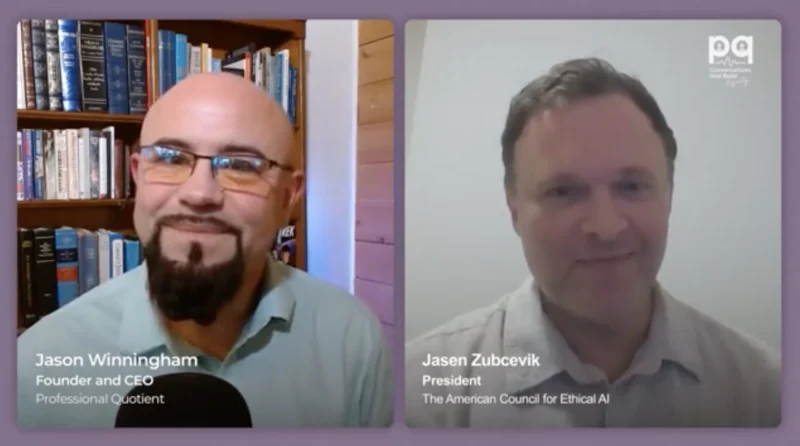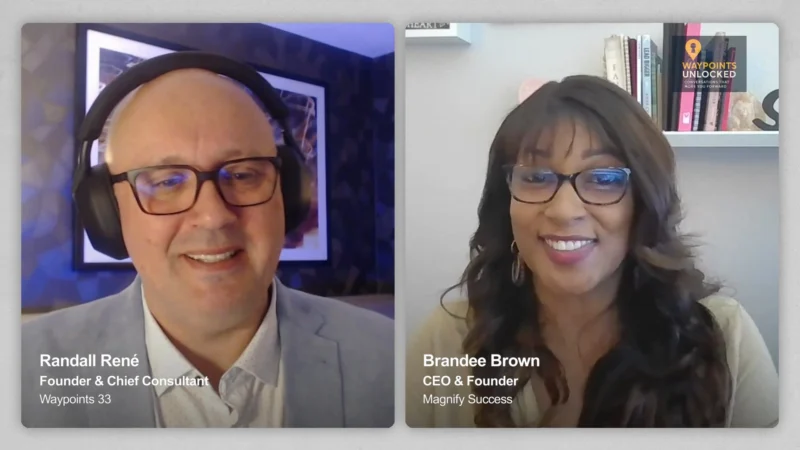The Value that Exists in Trades as a Career Choice
A university degree has been the traditional career path method for decades. But things are changing, and trade schools are becoming more popular, with good reason. Trades can offer faster pathways to a career, stable pay, and better flexibility than the normal 9 to 5. As newer generations approach their futures differently, trades are becoming a part of their considerations. But what can trades offer and why might they be worth it?
On this episode of Straight Outta Crumpton, hosts Tyler Kern and Greg Crumpton chat with guest Nick Kasik, Construction Executive with Hermanson Company, about the value that exists in trades as a career choice, the generational changes, and how Kasik found his path.
Kasik’s emphasis is on the independence and freedom that different trades can provide to people, especially to those who may not realize this career pathway exists. As a part of his non-profit, Kasik hosts and produces outreach programs targeting minorities or underserved communities, to help show them that they have more options than they think. In fact, trades might be a better option financially for many, having an average educational cost of $33,000 as compared to a 4-year university degree at an average of $127,000. For those in underserved communities, trades can offer opportunity for good pay and empowering work.
“We want to show everybody that it’s bigger than just the building trades or the manufacturing trades, that there’s so much out there,” explained Kasik.
Crumpton, Kern, and Kasik also talk about…
1)A college degree isn’t necessary to be successful
2)There are a lot of trades out there that can be a passion for a variety of people
3)Newer generations are approaching careers differently and want more flexibility in their paths
“You know, you see these people and let’s say they went to college, and they decided, they got that job, and they say, ‘Well, you know what? I maybe made a mistake. I would be happier doing finished carpentry…’ So, they switch, they change, because that’s what they do, and they resign their job and they go and they start doing finished carpentry,” said Kasik.
Nick Kasik has been an executive leader in the construction industry for over twenty-five years. Alongside his recent role as the Director of Operations with
Hermanson Company, he is also the President and CEO of his own non-profit organization “Working Class” and has been the Chairman of the Board of Directors for the National Association of Construction Professionals for over fifteen years.




